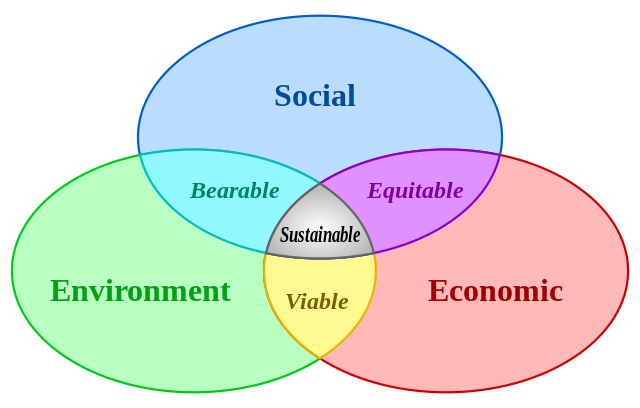As a long-time supporter of Environment NJ, I am consistently impressed with the advocacy work they do for the residents of NJ. With their help we have achieved one of the most ambitious state carbon reduction programs in the nation. In addition, they have helped keep our priceless coastal waters clean and safe. I am therefore happy to share their insight on the need for a national energy policy and their concerns over the recent electoral changes.
Best,
Paula
Excerpt from email update:
As you know, Environment New Jersey endorsed Reps. John Adler, Rush Holt and Frank Pallone in Tuesday's election because of their excellent environmental voting records.
We're happy to congratulate Reps. Holt and Pallone on their victories. But we're also disappointed that Rep. Adler will not be serving the 3rd Congressional District in south Jersey.
What do these results, and the rest of Tuesday's election returns, mean for the places we're working to protect and the environmental values that so many of us share?
New Jersey has a big stake in -- and a deep need for -- national leadership on the environment. For years, when the federal government would not lead, New Jersey moved ahead with strong environmental programs to clean up air pollution, protect waterways and expand clean energy and global warming solutions.
But there's a limit to what New Jersey, or any one state alone, can do to solve large environmental problems of national and global significance. When it comes to air pollution, healthy oceans, and solving global warming, no man -- or state -- is an island. Before the world can take timely action on climate change, our nation must step up to the plate and adopt our own program to reduce greenhouse gas emissions.
Moreover, New Jersey's ability to harness the huge potential for clean, renewable energy off our coast sits in the hands of the federal government. So does the protection of our coasts from oil and gas drilling. And, the Barnegat Bay at the Jersey Shore, which is choking on pollution left unchecked by outdated stormwater drains and sewer infrastructure, can only be saved through a strong partnership between our state and federal government.
In Washington, D.C., the U.S. House will have a new speaker who, in our view, is no friend of the environment. The leadership of key House committees will be turned over to politicians who are more closely allied than their predecessors with the oil and coal industries, as well as other interests that seek greater access to our public lands, fewer limits on air and water pollution, and a head-in-the-sand approach to clean energy and global warming.
Yet we hope the new powers that be in Washington will think twice before doing the bidding of Big Oil or other polluting industries. The vast majority of us still want more clean energy, not less. The vast majority of us still support sensible steps to limit carbon pollution. The vast majority of us still want to see our national parks, national forests and great waterways protected and preserved. And, of course, all of us need clean air to breathe and safe water to drink.
In the next few days and weeks, we will urge the outgoing Congress to act on long overdue measures to promote renewable energy and protect public lands. If members of either party reach across the aisle to win bipartisan support for these or other positive steps on the environment, we'll be the first to support them. But if the new leaders in Congress try to roll back our nation's environmental protections or sell off our natural heritage, we will oppose them. And if the new House leaders seek to undermine the Obama administration's efforts to promote clean energy, limit carbon pollution, protect our air and water, and preserve our natural heritage, we will defend the administration's actions.
At any given moment, our progress can and often does seem frustratingly slow and elusive, and Tuesday's election results will undoubtedly present new and tough challenges for all of us.
Yet as Abraham Lincoln once said, "I walk slowly, but I never walk backwards." Thanks to you and millions of like-minded Americans, we've see tremendous positive changes on the environment over the last few decades. We still have a long way to go, but no single election is going to stop us.
Sincerely,
Dena Mottola Jaborska
Environment New Jersey Executive Director
http://www.environmentnewjersey.org/
